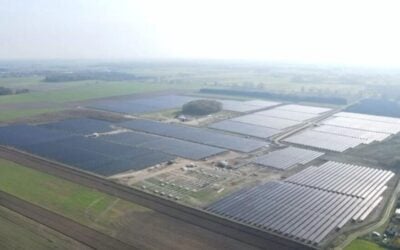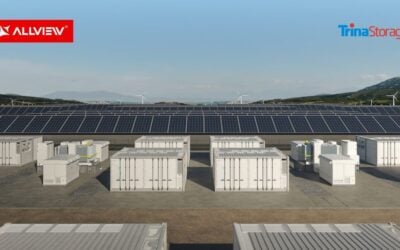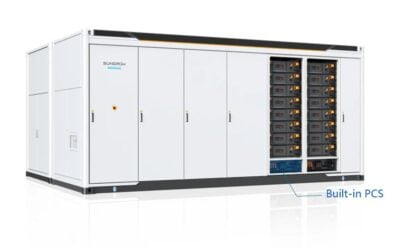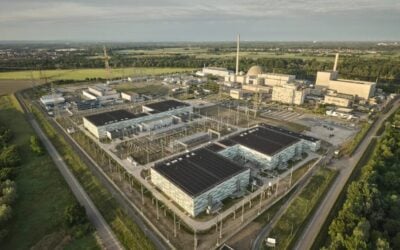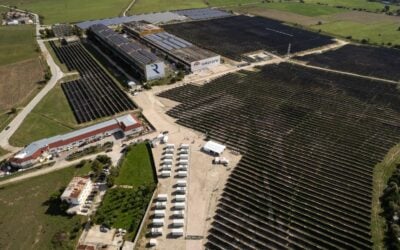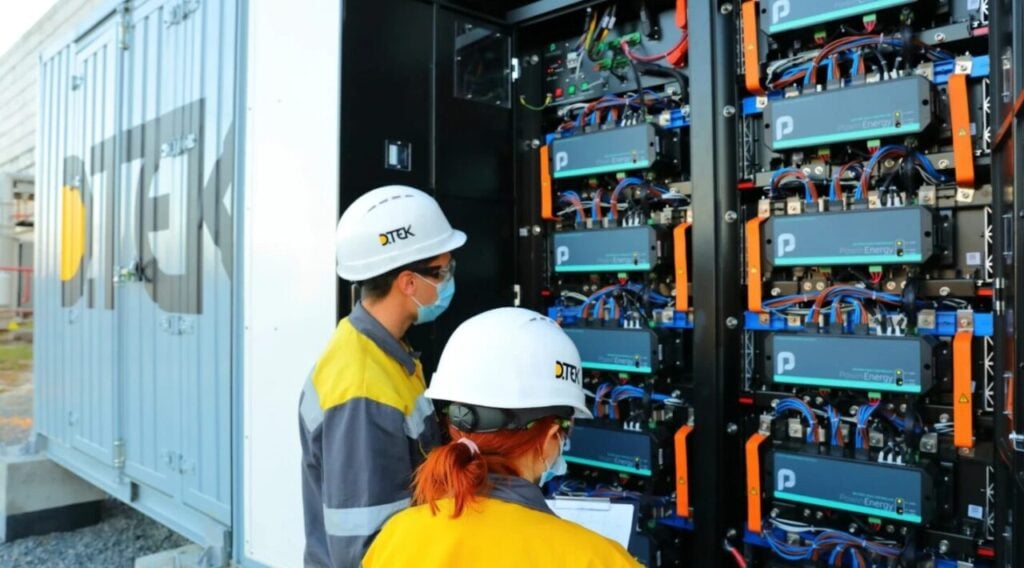
Power generation and energy trading firm DTEK Group is targeting up to 500MW of BESS deployments in Ukraine, which it said are ‘key priority in order to ensure Ukrainian energy security’ in light of Russia’s attacks on its energy system.
The company’s subsidiary DTEK Renewables Finance revealed the plans in a consent solicitation for an issued bond worth €325 million (US$368 million) at a 8.50% Senior Secured PIK (Payment in Kind), dated 28 April (the same day Putin announced a temporary ceasefire for 8-11 May).
It said that in response to the severe challenges facing the energy sector in Ukraine, including Russia’s military attacks, battery energy storage system (BESS) technology has been identified as a key priority to ensure the country’s energy security.
DTEK is already building 200MW/400MWh of BESS capacity spread across six projects in Ukraine, following a suite of ancillary service wins in mid-2024 totalling 140MW of automatic frequency restoration reserve (aFRR) – Phase 1 of its BESS rollout. System integrator Fluence will provide the technology for these.
Enjoy 12 months of exclusive analysis
- Regular insight and analysis of the industry’s biggest developments
- In-depth interviews with the industry’s leading figures
- Annual digital subscription to the PV Tech Power journal
- Discounts on Solar Media’s portfolio of events, in-person and virtual
The firm’s energy storage lead Vadym Utkin discussed Phase 1, and the war with Russia, with Energy-Storage.news at the Energy Storage Summit Central and Eastern Europe (CEE) 2024 in Poland in September.
Phase 2 will see the firm deploy up to an additional 300MW of BESS in Ukraine, bringing its total pipeline there to 500MW.
To do this it needs to implement certain amendments to the Terms and Conditions of its aforementioned bond, which it spelt out in its consent solicitation.
It said the structure of the additional BESS projects is expected to be substantially similar to that of the Phase 1 projects, but this refers more to the financial aspect of the rollout.
However, one noteworthy amendment it seeks is to ‘be able to sell a controlling stake in a battery project company without being deemed to make an “Investment” therein’. This indicates it may be considering bringing an outside equity investor into some of the BESS projects.
DTEK deployed the first large-scale BESS in Ukraine in 2021 using Powin battery modules in a BESS integrated by technology firm Honeywell (pictured above). The firm is also building a 132MW BESS in Poland with a 2027 capacity market contract acquired from developer Colombus Energy.

